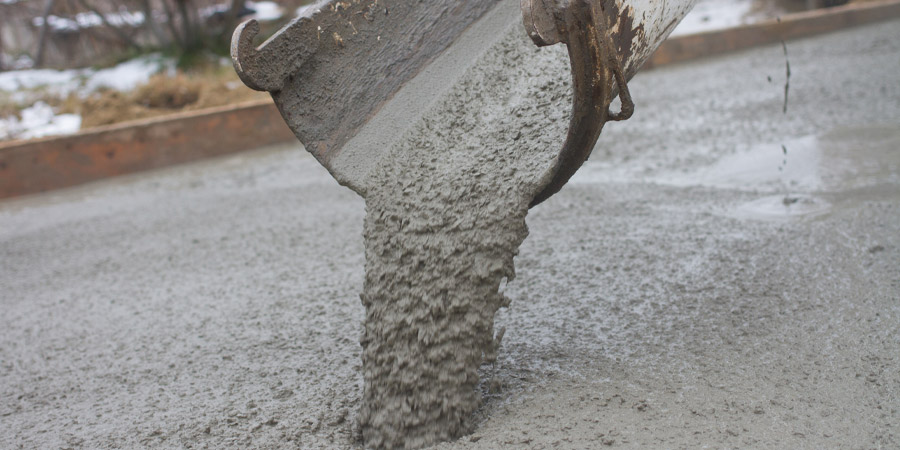Factors affecting the working of cement concrete mix
- WATER CONTENT
- MIX PROPORTION
- SIZE OF AGGREGATES
- GRADING OF AGENT
- SHAPE OF AGGREGATE
- SURFACE TEXTURE OF AGGREGATE
- USE OF ADMIXTURE
- USE OF SUPPLEMENTARY CEMENTINIOUS MATERIALS
- TIME
- TEMPRATURE
Usually, Slump test is done to indirectly determine the workability of a concrete mix.
Elastic Properties
Concrete is not perfectly elastic for any range of loading, an appreciable permanent setting taking place for even low loads. The deformation is not proportional to the stress at any stage of loading. The elastic properties of concrete vary with the richness of the mixture and with the intensity of the stress. They also vary with the age of concrete.
Durability
Durability is the property of concrete to withstand the condition for which it has been designed, without deterioration over a period of years. Lack of durability can be caused by external agents arising from the environment or by internal agents within the concrete.
Causes can be categorized as physical, mechanical and chemical.
Physical cause arises from the action of frost and from differences between the thermal properties of aggregate and of the cement paste, while mechanical causes are associated mainly with abortion.
Impermeability
Penetration of concrete by materials in solution may adversely affect its durability, for instance, when Ca(OH)2 is being leached out or an attack by aggressive liquids (acids) takes place. Permeability has an important bearing on the vulnerability of concrete to water and frost. In the case of reinforced cement concrete, the penetration of moisture and air will result in the corrosion of steel . This leads to an increase in the volume of the steel, resulting in cracking and spalling of the concrete. Permeability of concrete is also of importance for liquid retaining and hydraulic structures;
Segregation
The tendency of separation of coarse aggregate grains from the concrete mass is called segregation. It increases when the concrete mixture is lean and too wet. It also increases when rather large and rough-textured aggregate is used. The phenomenon of segregation can be avoided as follows.
- Addition of little air in the mixing.
- Restricting the amount of water to the smallest possible amount.
- All the operations like handling, placing and consolidation must be carefully conducted.
- Concrete should not be allowed to fall from large heights.
Bleeding
The tendency of water to rise to the surface of freshly laid concrete is known as bleeding. The water rising to the surface carries with it, particles of sand and cement, which on hardening form a scum layer is popularly known as laitance. Concrete bleeding can be checked by adopting the following measures.
- By adding more cement
- By using more finely ground cement
- By properly designing the mix and using the minimum quantity of water
- By using little air entraining agent
- By increasing the finer part of fine aggregate
Fatigue
Plain concrete when subjected to flexure, exhibits fatigue. The flexure resisting ability of concrete of a given quality is indicated by an endurance limit whose value depends upon the number of repetitions of stress. In concrete pavement design, the allowable flexural working stress is limited to 55% of the modulus of rupture.


